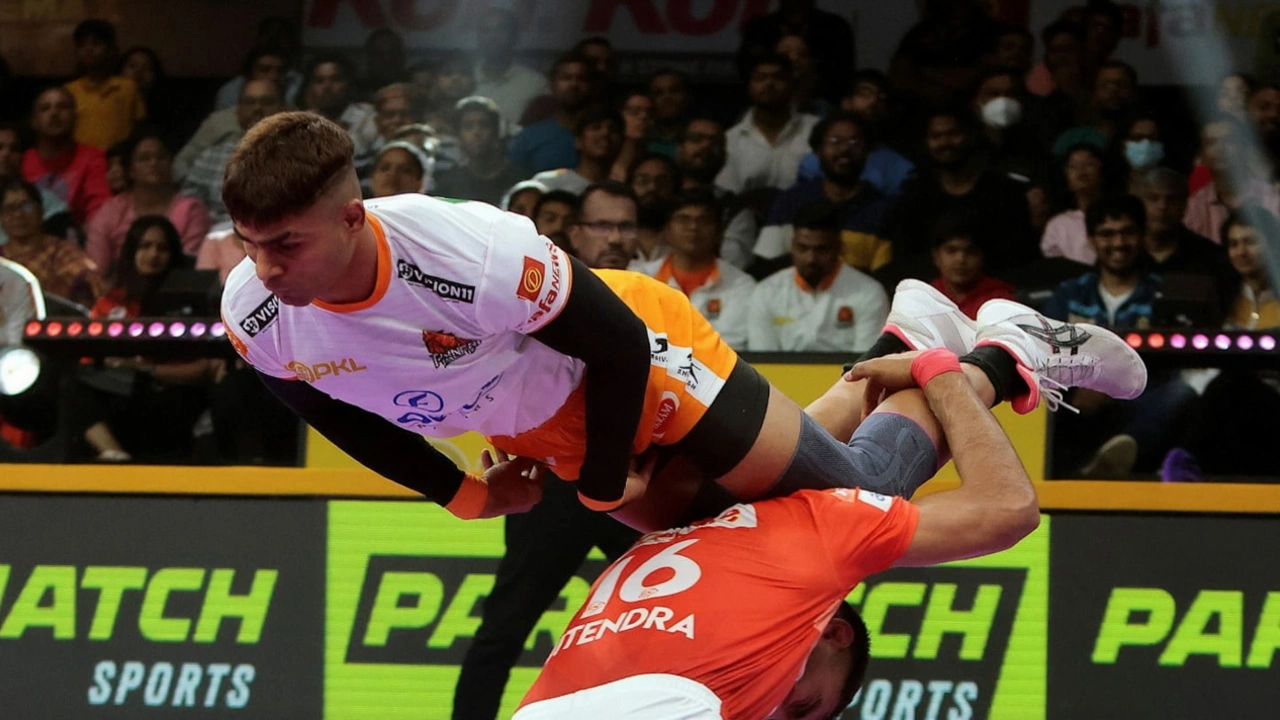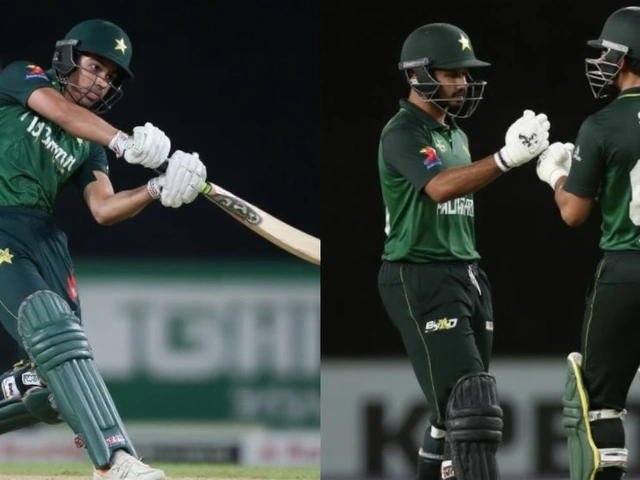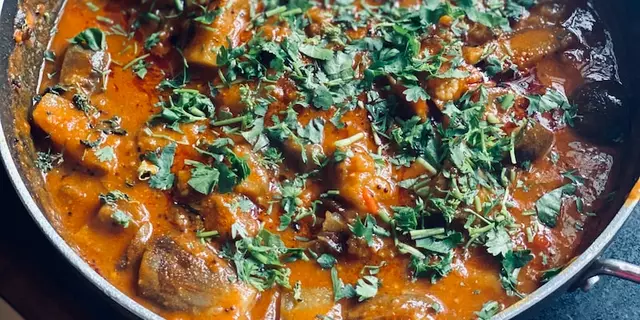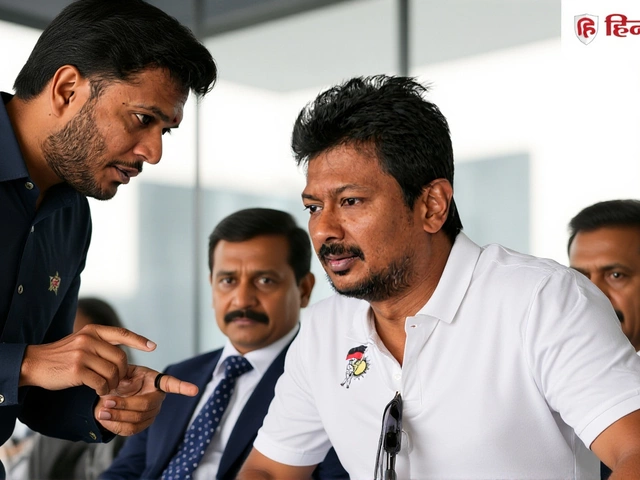Asia Cup 2025: Pakistan bet on five first-timers as Babar, Rizwan sit out
September 5 2025Kabaddi – India’s High‑Energy Team Sport
When talking about Kabaddi, a contact sport that blends strategy, agility, and endurance, mainly popular in South Asia. Also known as "Raider’s Chase", it pits a single raider against a defending side in a tug‑of‑war style contest. Pro Kabaddi League, the professional franchise competition that launched in 2014 has turned local courts into packed stadiums and television screens across the nation. Another core element, the raid, the offensive move where a player crosses the mid‑line, tags opponents, and returns safely, defines the game's tempo. Together these entities shape what makes Kabaddi a unique blend of skill and spectacle.
Beyond the basic raid and tackle, the sport features a set of specialized roles. Defenders, often called "anchors," rely on a combination of strength and timing to halt raiders. The "all‑out" scenario—when all seven defenders are eliminated—triggers a sudden shift in points and momentum, rewarding the attacking side with extra bonuses. These dynamics are amplified in the Pro Kabaddi League, where teams like Bengal Warriors and Patna Pirates showcase regional pride, creating rivalries that fuel fan engagement. The league’s format, comprising a double‑round robin followed by playoffs, mirrors cricket’s domestic structures, making it familiar to Indian sports audiences.
Key Elements that Define Kabaddi
The official playing field measures 13 × 10 meters for men and 12 × 8 meters for women, with a clear mid‑line and a bonus line positioned 4.5 meters from the center. Matches consist of two 20‑minute halves, each with a 5‑minute half‑time break, allowing teams to regroup and adjust tactics. Scoring hinges on successful raids, with each tag worth one point, while a full‑court raid—reaching the bonus line and returning—grants an additional point. The sport also rewards “super‑raids,” where a raider scores three or more points in a single attempt, showcasing elite agility and strategic planning.
Training for Kabaddi blends aerobic conditioning, strength drills, and plyometric exercises. Athletes often incorporate yoga for flexibility and breathing control, essential during the breath‑held raids that last up to 30 seconds. Nutrition plays a role too; protein‑rich diets support muscle recovery after intense tackle sessions. Emerging sports science teams now analyze player telemetry to fine‑tune movement patterns, reducing injury risk and boosting raid efficiency. Such professionalization mirrors trends seen in cricket’s IPL, highlighting Kabaddi’s evolution from a rural pastime to a data‑driven sport.
Women’s Kabaddi has gained momentum, with the senior national team clinching medals at Asian Games and the Women's Pro Kabaddi League debuting in 2023. Female raiders bring a fresh tactical layer, often emphasizing speed over brute force. This shift encourages broader participation and challenges traditional gender norms in Indian sports culture. The growing visibility of women's matches also attracts sponsors, expanding the commercial ecosystem surrounding Kabaddi.
Fans are the lifeblood of Kabaddi’s rise. Stadium atmospheres echo cricket’s chants, with regional songs, colorful banners, and rhythmic drumbeats energizing players. Social media platforms amplify this fervor, as highlights of spectacular raids and nail‑biting finishes go viral within minutes. The sport’s grassroots roots remain strong; school tournaments and community clubs serve as talent pipelines, feeding professional squads and ensuring the sport’s sustainability.
Internationally, Kabaddi is establishing a foothold. The Kabaddi World Cup, organized by the International Kabaddi Federation, brings teams from Europe, Africa, and the Americas into competition, showcasing diverse playing styles. While India still dominates, the exposure helps standardize rules and encourages cross‑cultural exchange, similar to how cricket’s T20 format spread globally.
From the high‑stakes drama of a last‑second raid to the strategic depth of defensive formations, Kabaddi offers a compelling mix of physicality and intellect. Below, you’ll find a curated set of stories that capture the sport’s pulse—ranging from league updates and player profiles to training tips and cultural impact. Dive in to see how Kabaddi continues to shape India’s sporting landscape and what that means for fans and aspiring athletes alike.
 17 Oct
17 Oct
Haryana Steelers Crowned Champions in PKL Season 11 as League Wraps Up
Haryana Steelers clinched the PKL Season 11 title on Dec 29 2024, beating Patna Pirates 32‑23. The season featured 12 teams, multi‑city legs and star performances by Devank Dalal and Nitesh Kumar.
Read More...



